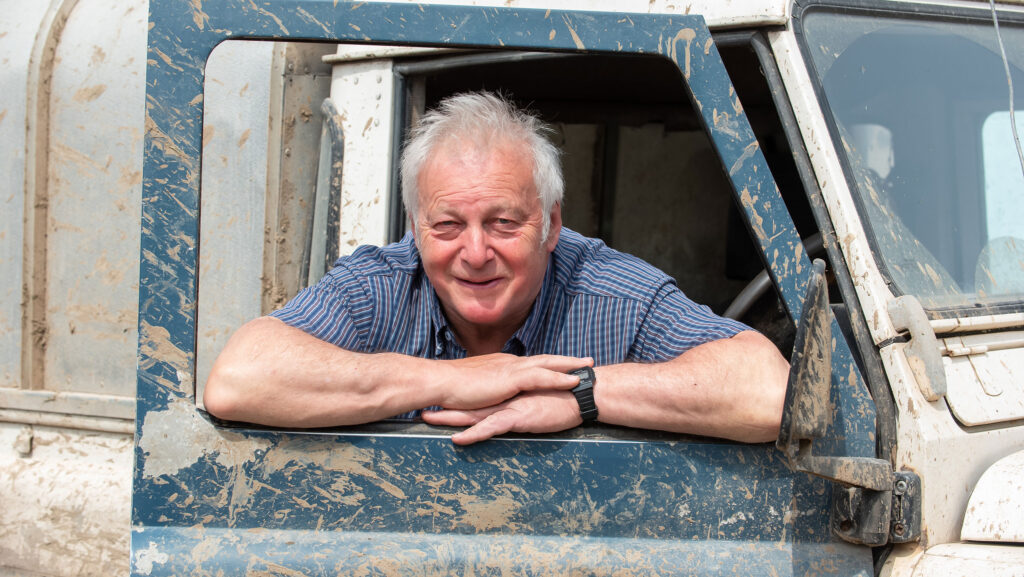Farmer Focus: Tricky hay season and mediocre arable results
 James Playfair-Hannay
© Angus Findlay
James Playfair-Hannay
© Angus Findlay We are still hoping to make hay. We produced a good crop early in June, but July/August has been frustratingly awkward. The last batch smells like hay, but doesn’t look too appetising.
Harvest has started. Winter barley, as usual, flattered to deceive, yielding in the region of 7.4t/ha but with poor bushel weight.
See also: Harvest 24: ‘It’s been a scarily tough season’
It has now been treated with Norvite Alpha urea, which will aid long-term storage and increase protein levels.
This, in turn, will reduce the need to buy expensive soya.
Given the recent EU regulation on deforestation-free products (whereby beef sold in the EU or exported from it must not have contributed to forest degradation) this must be helpful.
Oilseed rape has been disappointing, struggling to hit 3.7t/ha.
However, winter oats look to have done well at around 8.6t/ha-plus, with some having been sold forward for the human food chain.
It’s not all doom and gloom. Damp weather has maintained grass growth, and the cows and ewes appear to have milked better than last year.
Certainly, the calves on the heifers will be considerably heavier than their contemporaries last year.
The Border Union Agricultural Show (BUAS) was a great success, even with reduced attendance due to the weather.
As vice-chairman of BUAS, I thank those exhibitors for coming to Kelso to display their animals.
A major highlight of the show was the Aberdeen Angus National Show, which had some 87 entries catalogued, with exhibitors from as far afield as Devon and the Isle of Skye.
Another feature of the show was the business breakfast where we had great discussions regarding looking after our soils, feeding the nation and increasing food security.
One of the threats highlighted was that if we don’t look after our soils, we risk creating a dust bowl.
Now that the new government has “discovered” the big financial deficit, will agriculture (and especially Scottish agriculture) receive the financial support required to keep UK-produced food on the plates of our still-growing population?
It seems to me that our politicians (lots of new ones) and their support teams have little understanding of nature, never mind the long-term planning and growing of our food.

